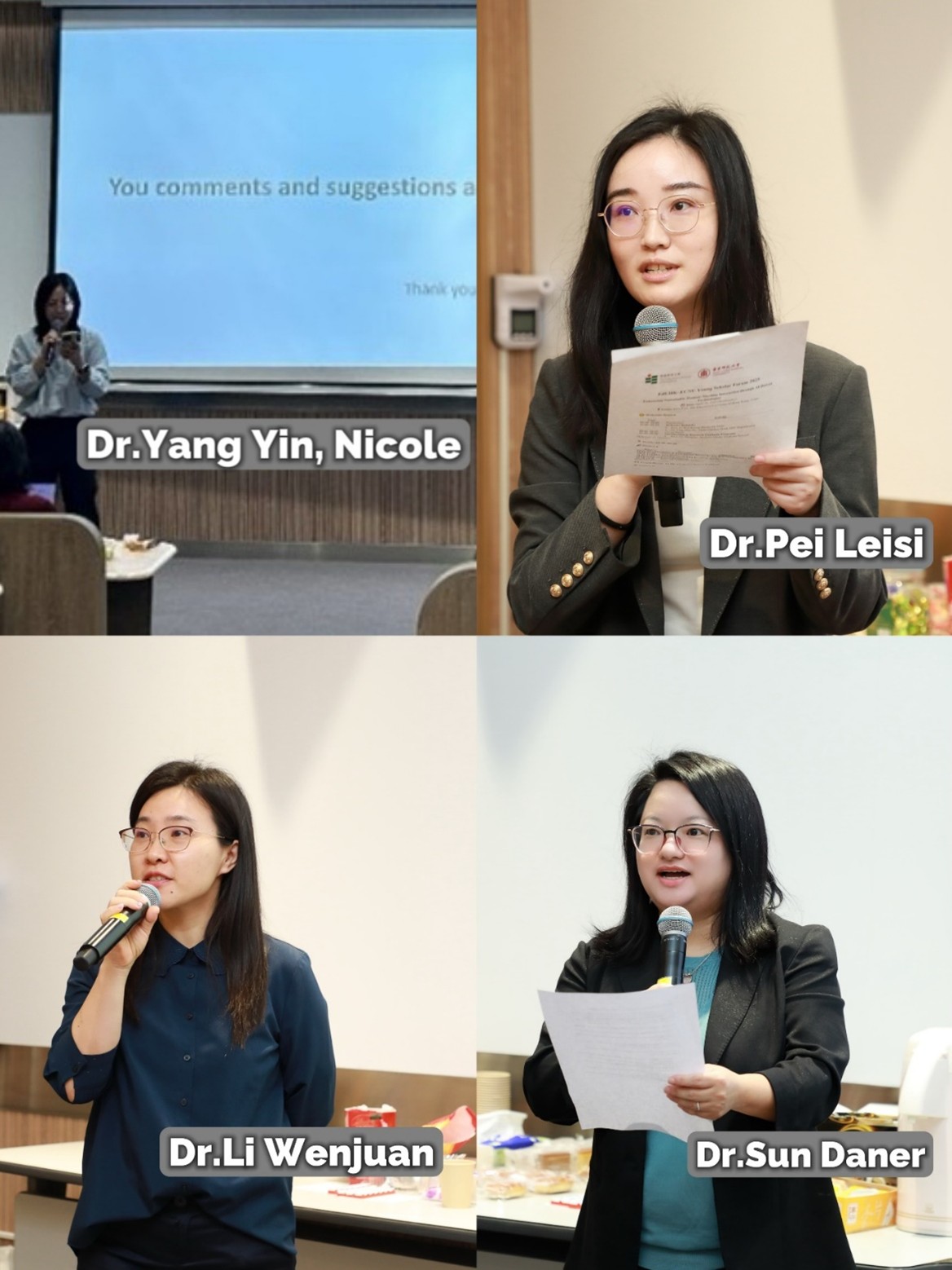EdUHK–ECNU Young Scholar Forum 2025 Successfully Held at The Education University of Hong Kong
Hong Kong, April 30, 2025 — The EdUHK–ECNU Young Scholar Forum 2025, themed “Enhancing Sustainable Human–Machine Interaction through AI-Driven Technologies,” was successfully held at The Education University of Hong Kong (EdUHK). Hosted by the Department of Mathematics and Information Technology (MIT), the forum brought together leading scholars and emerging researchers from EdUHK and East China Normal University (ECNU) to discuss cutting-edge innovations in artificial intelligence (AI), education, and sustainable human-machine interaction.
This year, four scholars from ECNU attended the forum accompanied by ten graduate and doctoral students. Prior to the forum, hosted by associate head Dr Sun Daner of MIT, EdUHK, the visiting group toured the EdUHK library and the MIT STEM Lab, where they experienced various technologies, including drones and robotic dogs, enhancing their understanding of AI applications in education and research. The event fostered vibrant discussions and collaborations, paving the way for future research initiatives between the two institutions.
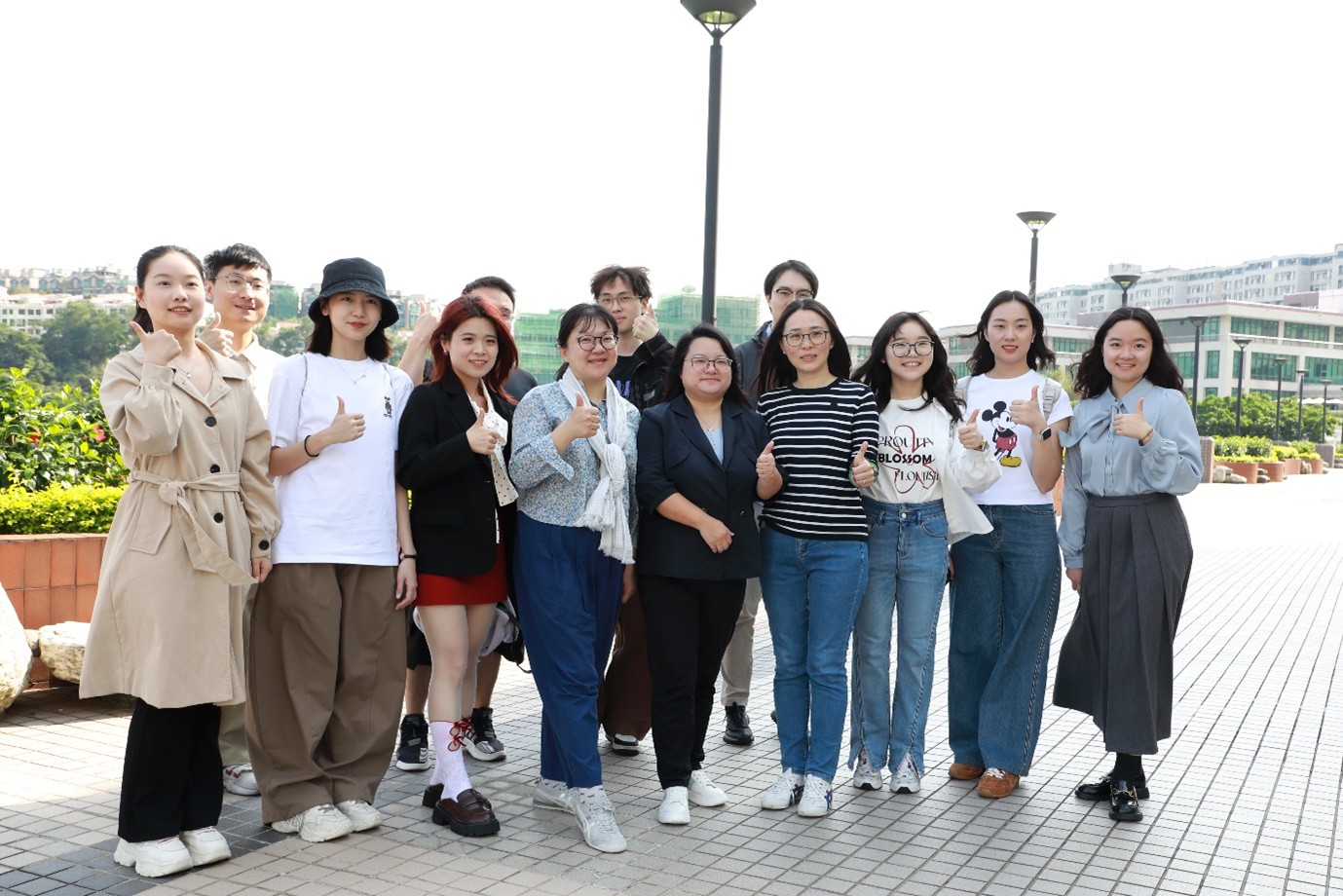
The forum commenced with welcoming remarks by Prof. Li Wai Keung, Dean of the Faculty of Liberal Arts and Social Sciences (FLASS), who emphasized the transformative potential of AI in reshaping education and reaffirmed EdUHK’s commitment to fostering international collaboration and research excellence. Dr. Alpha Ling, Acting Head of the Department of MIT, highlighted the department’s growing leadership in educational technology and encouraged cross-institutional efforts to support young scholars in AI-related inquiry. Prof. Gu Mingyue, Michelle, Dean of the Graduate School, introduced EdUHK’s postgraduate and doctoral programmes, and the University’s various vibrant research activities and increasing impact. She encouraged interested students to apply for suitable programmes. She also introduced the annual research event hosted by GS, EdUHK, the International Postgraduate Roundtable and Research Forum cum Summer School (IPRRFSS) which will take place from 29 July to 1 Aug this year.
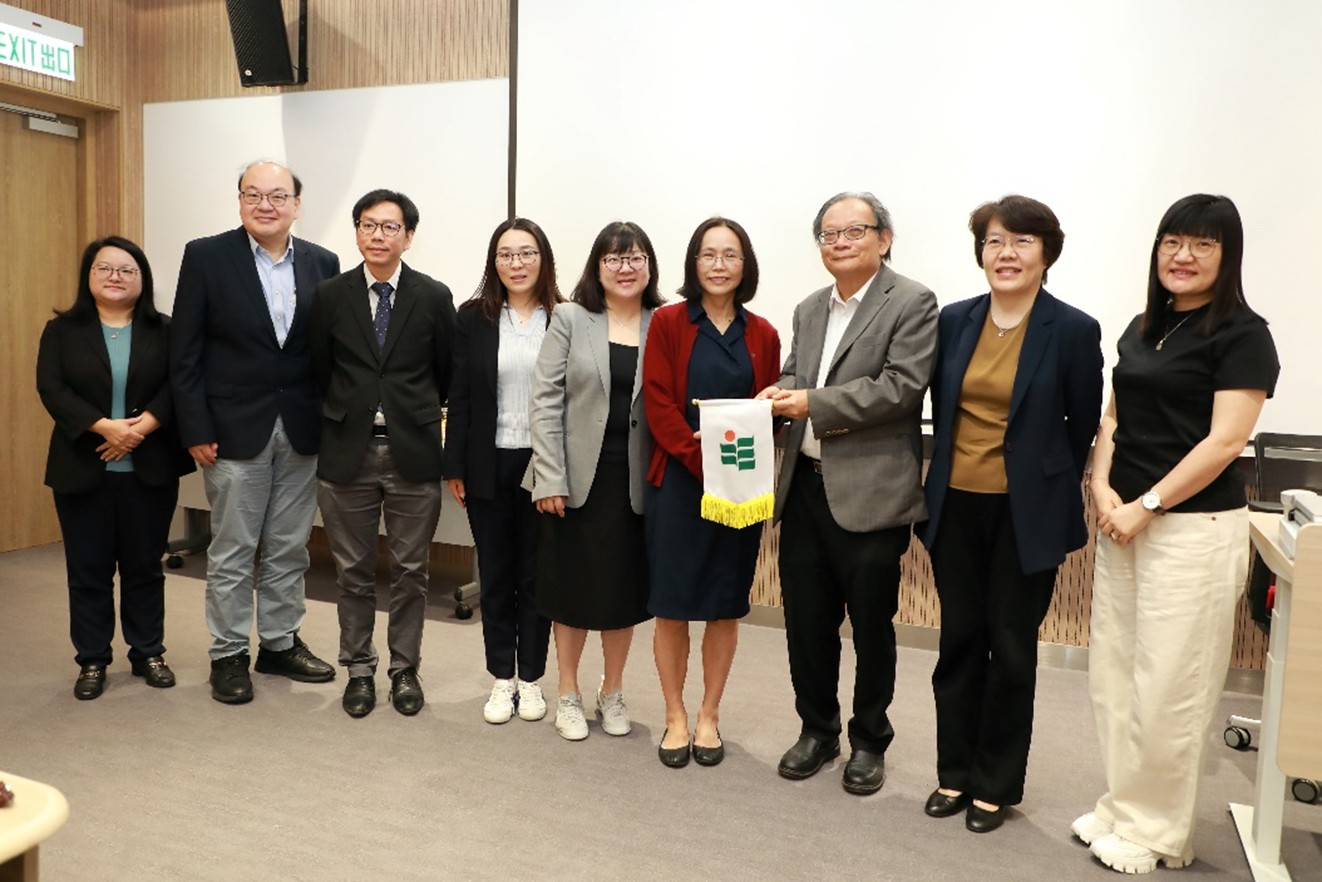
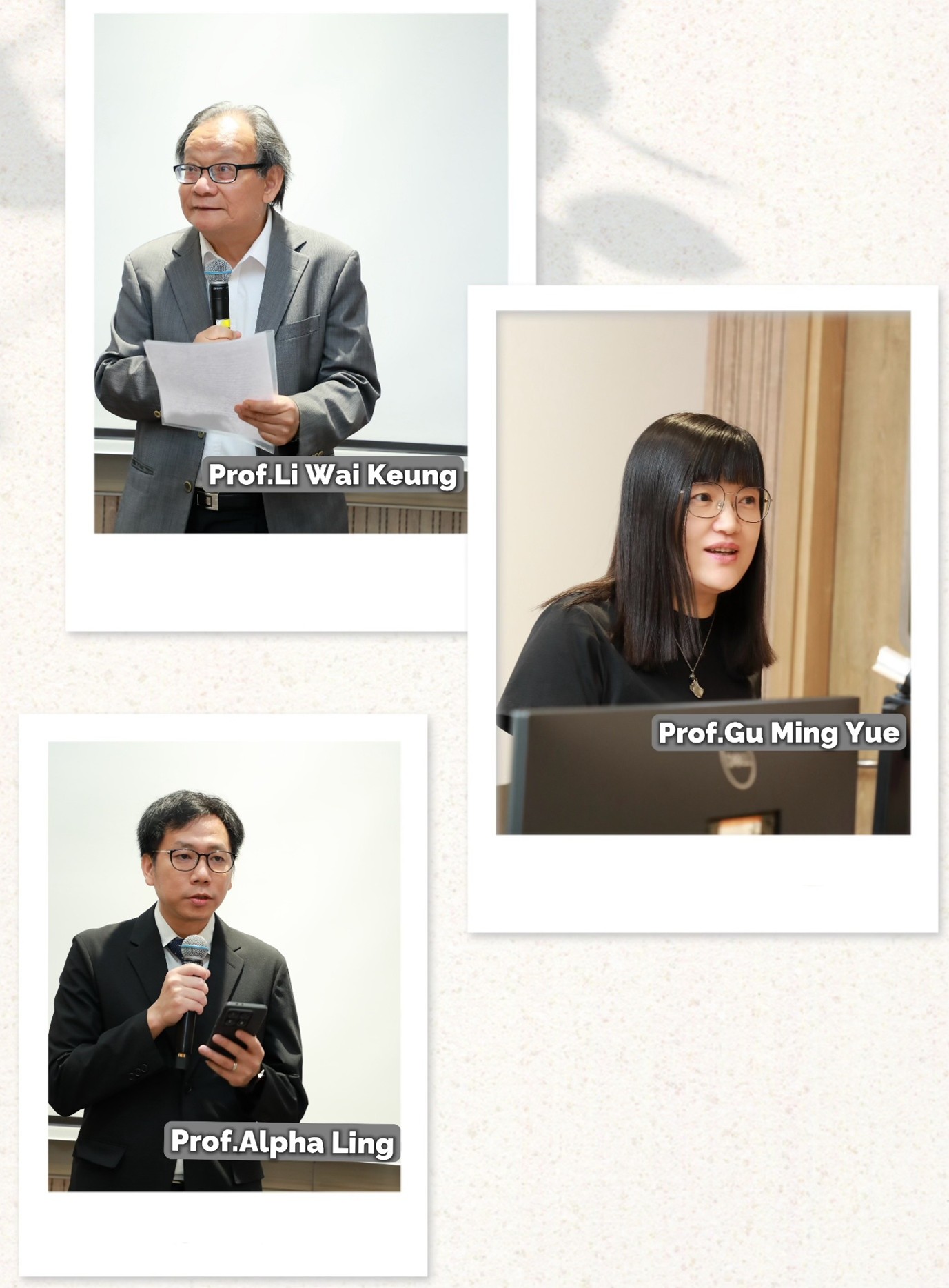
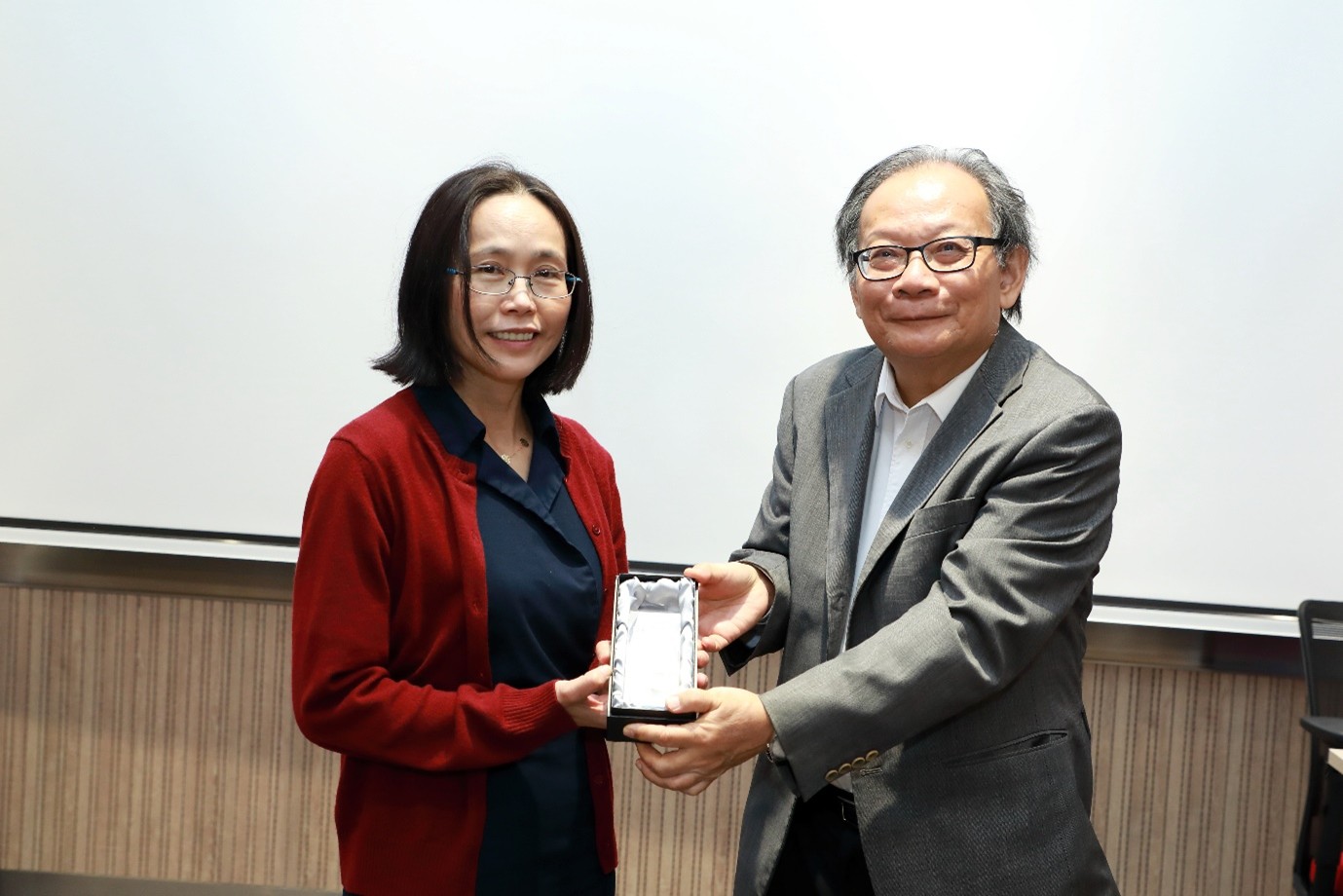
Prof Li Wai Keung and Prof Gu Xiao Qing
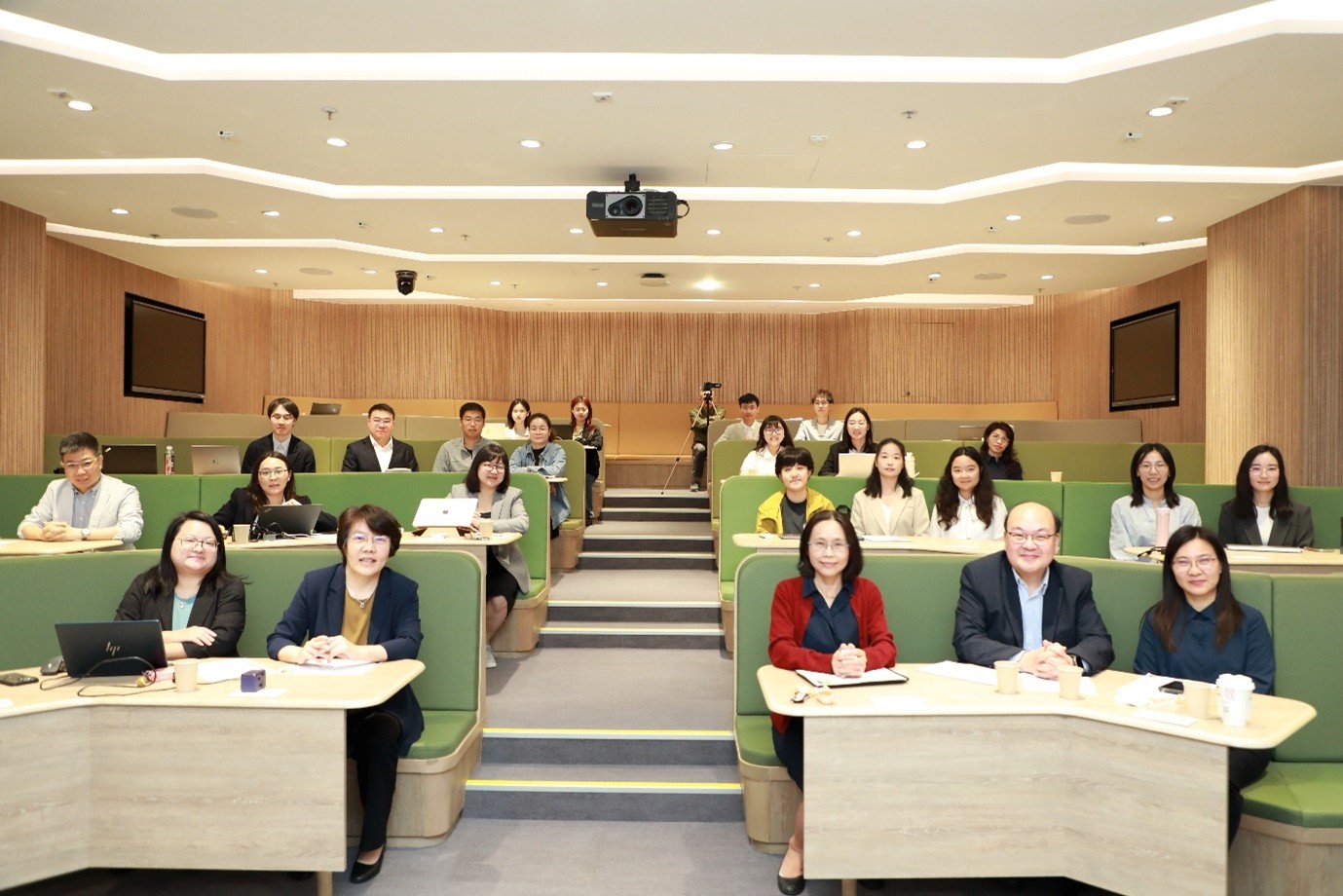
Inspiring Keynote Presentations
The conference featured a series of high-level keynote presentations that sparked insightful discussions and interdisciplinary exchanges. Prof. Gu Xiaoqing, head of the Department of Educational Information Technology at East China Normal University (ECNU), opened with “Innovative Paradigms in Educational Research: The Role of Generative AI.” He was followed by Prof. Yan Hanbing, Dean of the Faculty of Teacher Education at ECNU, who explored “AIGC Enabling Immersive Learning Research and Practice.”
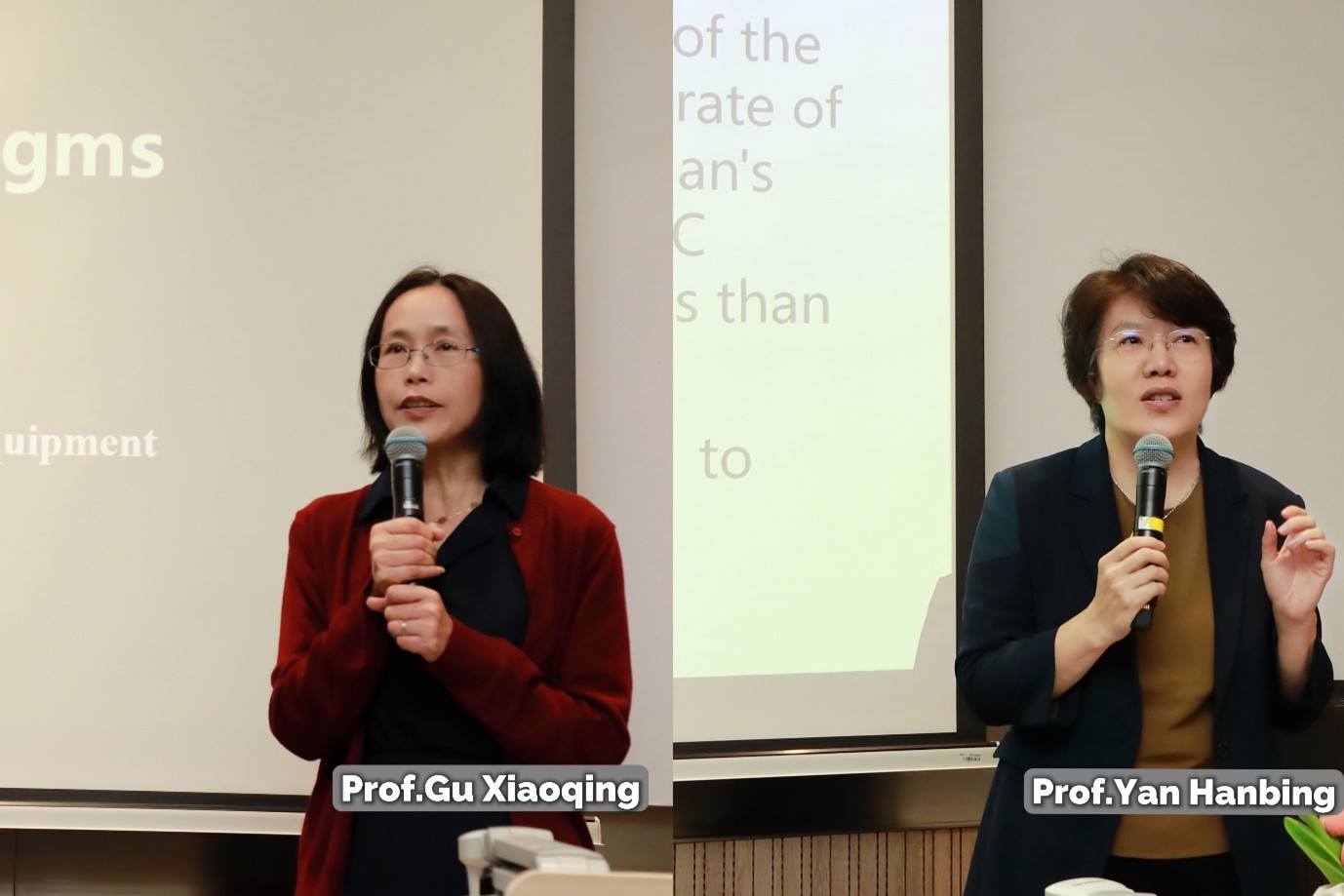
Prof. Kong Siu Cheung, Director of the Artificial Intelligence and Digital Competency Education Centre, EdUHK, delivered a compelling presentation on “How to Teach Students in K–12 to Use AI When Intelligence Is Artificial?” focusing on AI literacy and pedagogical readiness in school education. Prof. Yu Leung Ho Philip, Associate Director of the University Research Facility of Data Science and Artificial Intelligence, EdUHK, presented “Multimodal AI-Powered Language Learning,” showcasing advancements in multilingual AI integration.
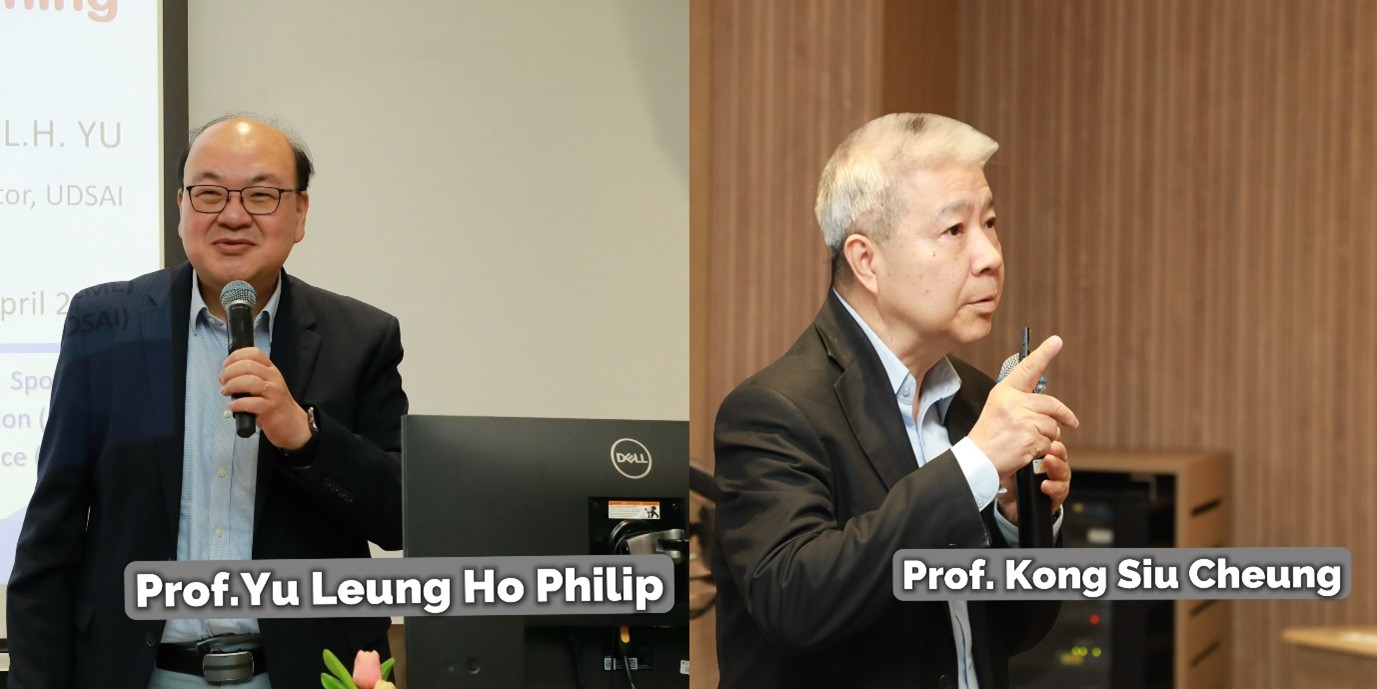
Completing the keynote segment, Dr. Leng Jing from ECNU shared insights on “Empowering Argumentative Writing with Generative AI,” while Dr. Yue Ying, also from ECNU, discussed “A Re-evaluation of College Students’ Epistemology and Knowledge-Seeking in the Age of AIGC.” Both scholars stood out as exemplary researchers in the field of educational technology and higher education, showcasing their commitment to advancing pedagogical practices through AI-driven innovations.
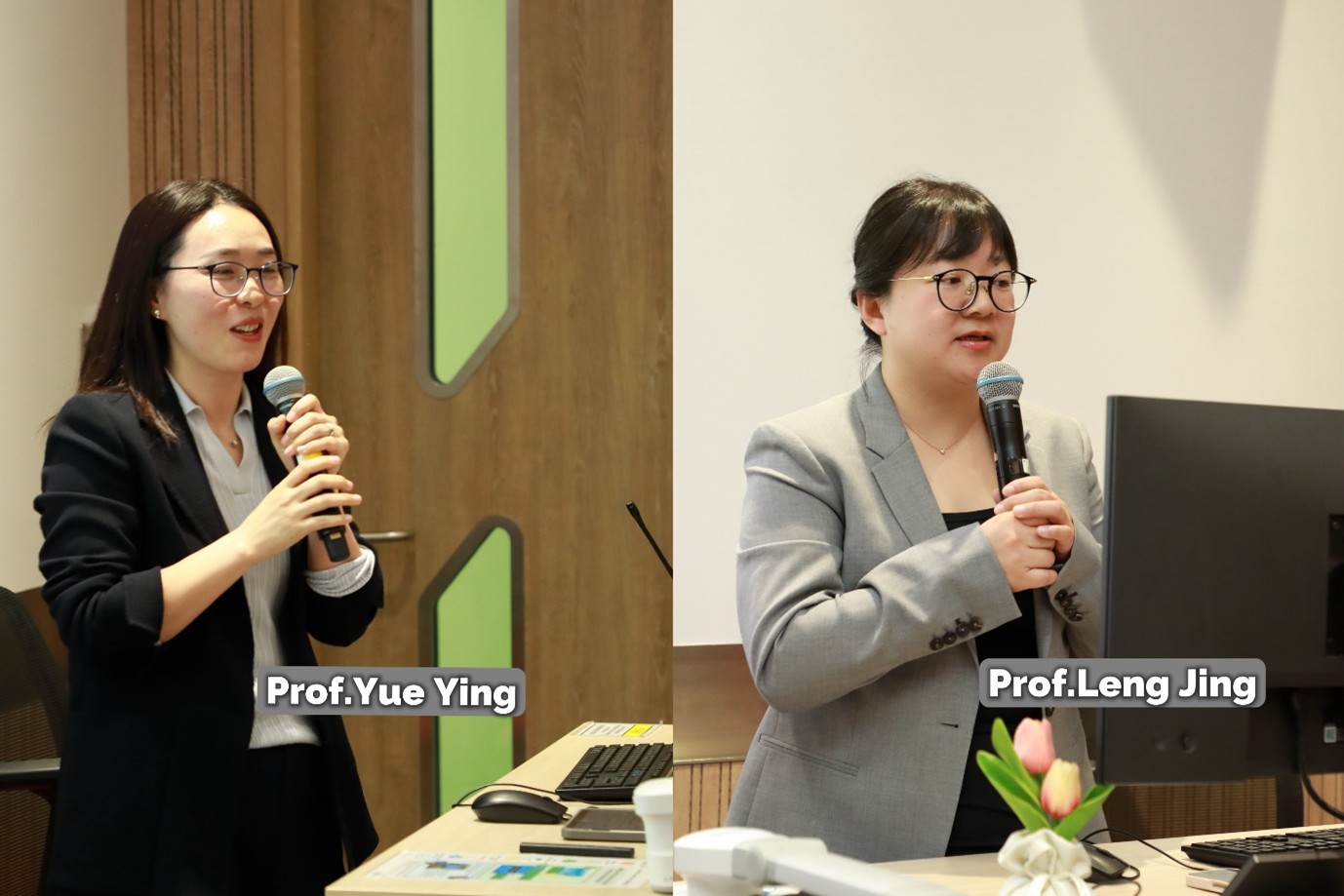
Together, these keynote presentations demonstrated the transformative potential of AI in education—from immersive and multimodal learning environments to epistemological shifts, instructional innovation, and AI-assisted literacy development. The speakers highlighted both theoretical advancements and practical strategies, offering a comprehensive view of how generative AI technologies are redefining the landscape of teaching, learning, and educational research.
Emerging Voices from Young Scholars
The forum also featured the outstanding work of seven young scholars from EdUHK and ECNU, who brought fresh perspectives and practical insights to the discussion on AI and education. ECNU’s Ms. Zhu Xiaoyue presented a generative artificial intelligence-supported interdisciplinary thematic learning design model; Mr. Qian Jun explored ways to enhance alignment between generative AI and human teachers in Chinese essay scoring; and Mr. Liu Junyang examined how visualization strategies can support teachers’ digital competence through an expansive learning approach. Ms. Xia Ting conducted a systematic review on supporting children's social emotional learning with digital intelligence technologies.
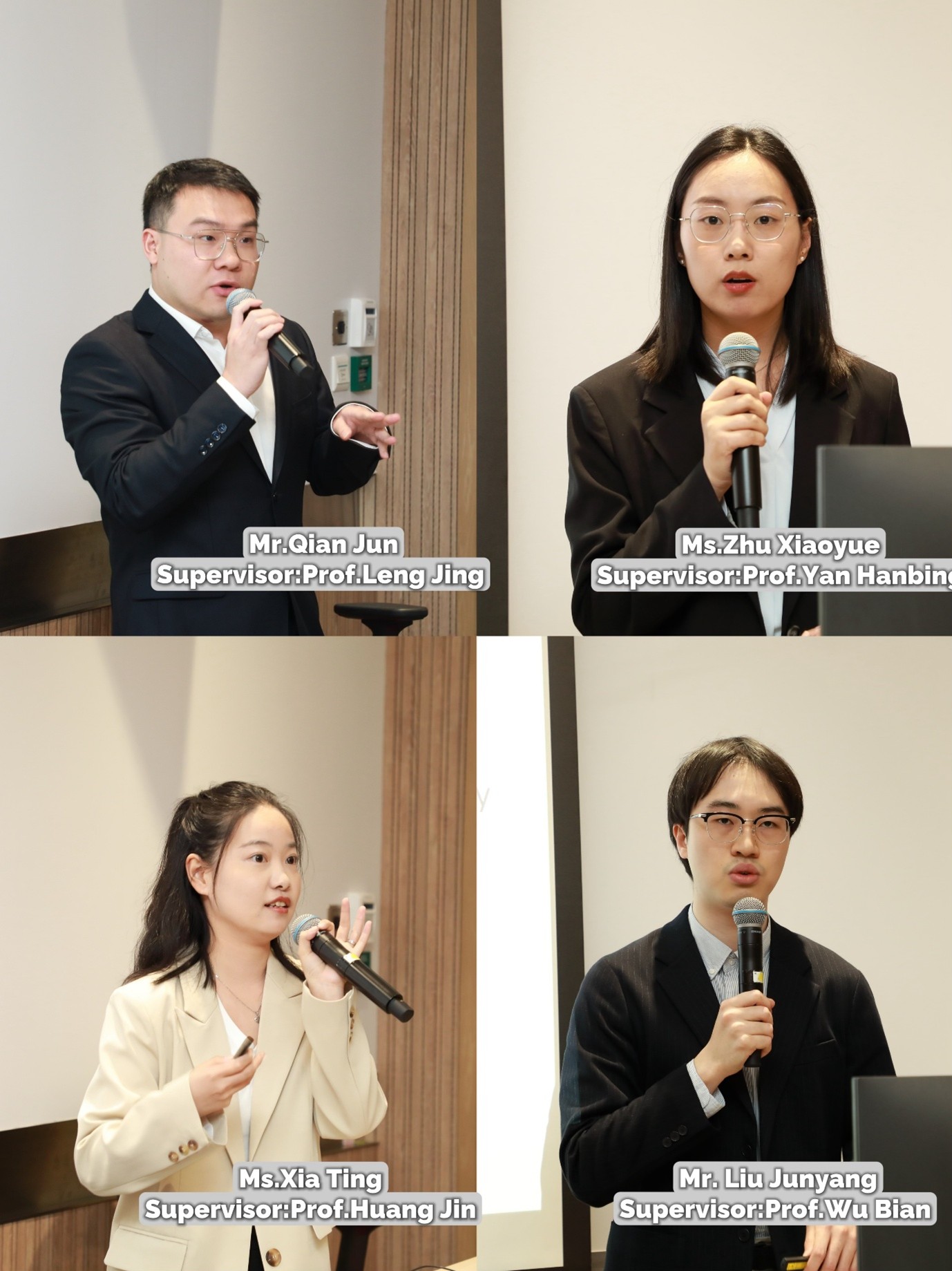
From EdUHK, Mr. Liu Jingxi (Jasper), from Dr. Sun Daner’s team, discussed the application of generative AI in mathematical problem solving; Ms. Qiu Minyu, from Dr. Fu Hong’s team, introduced an AI-empowered wearable vest to support self-management of classroom behavior in children with ADHD; and Mr. Richard Yeung, from Prof. Bill Yeung’s team, presented a generative AI-enabled drone-based STEM curriculum designed for primary education. Collectively, these presentations reflected the scholarly rigor, creativity, and social relevance driving the next generation of AI-powered educational research.
The visiting students actively participated in the interaction, raising thought-provoking questions that sparked discussions.
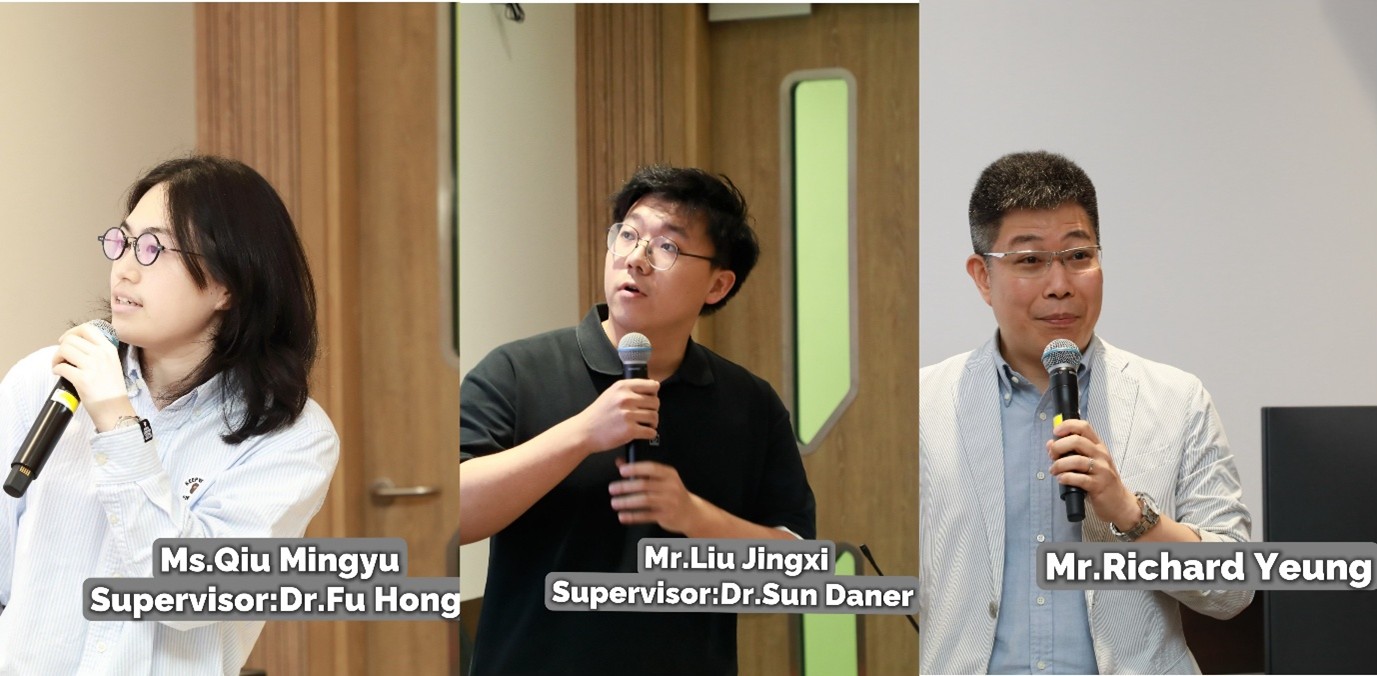
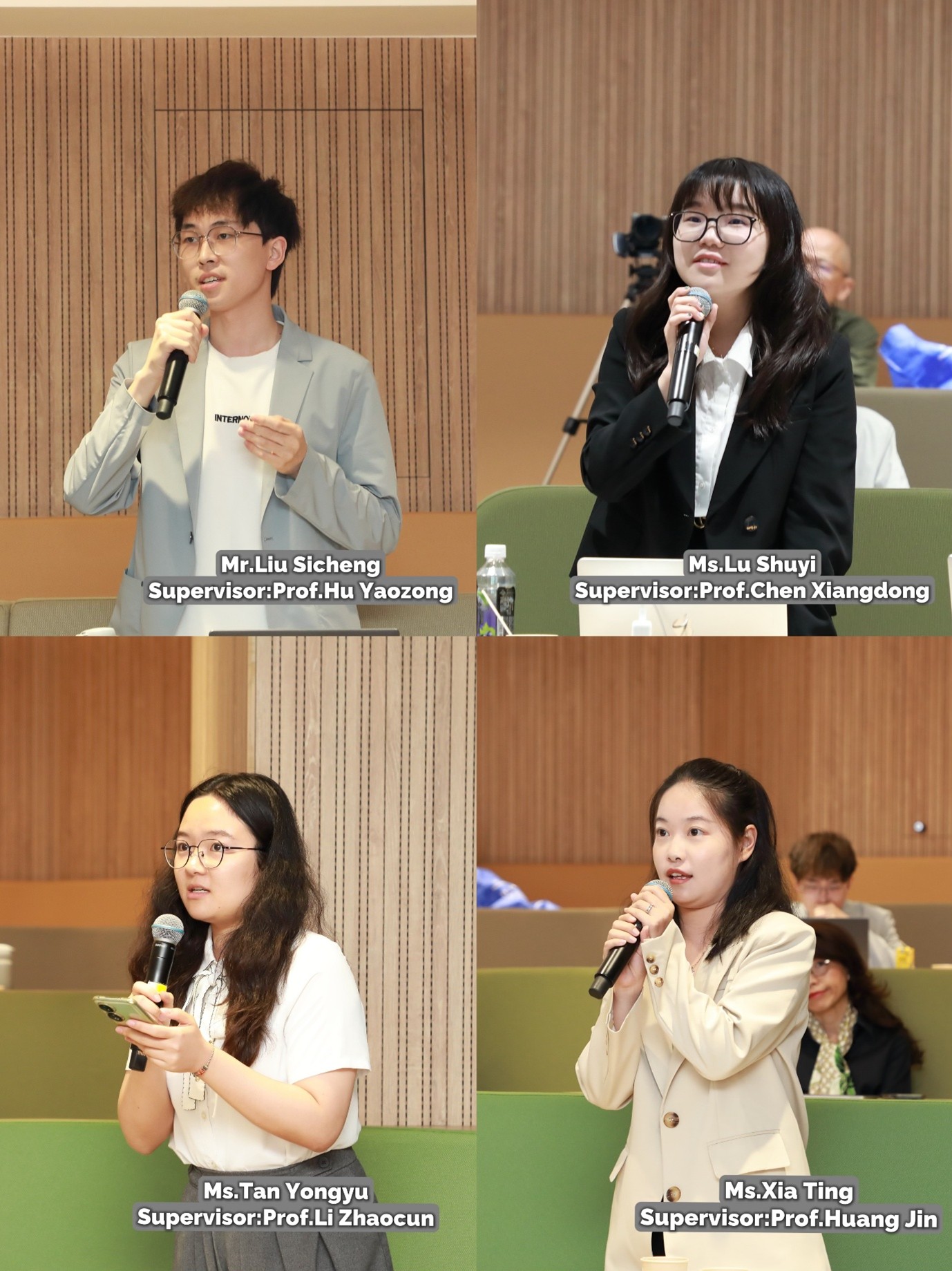
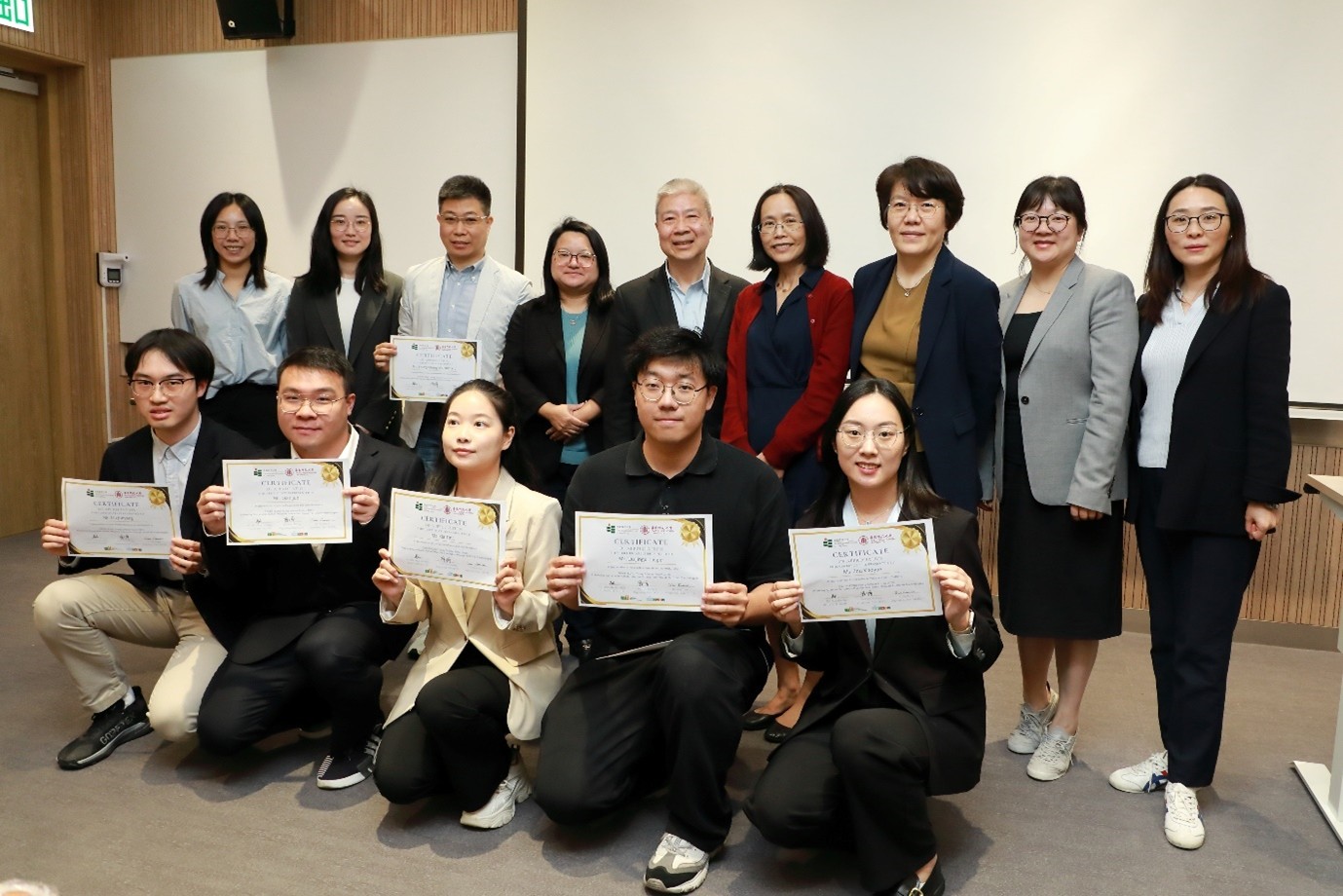
Collaboration and Conclusion
Moderated by Dr. Sun Daner, Dr. Li Wenjuan, Dr. Pei Leisi, and Dr. Yang Yin (Nicole), the sessions facilitated dynamic dialogue and fruitful academic exchange. The forum reaffirmed the strong partnership between EdUHK and ECNU and provided a vital platform for advancing international, interdisciplinary, and student-driven research on AI in education.
The EdUHK–ECNU Young Scholar Forum 2025 concluded with great success. It not only celebrated academic excellence and collaboration, but also reinforced the shared vision of both institutions to lead globally in the development of sustainable, responsible, and human-centered AI applications in education.
